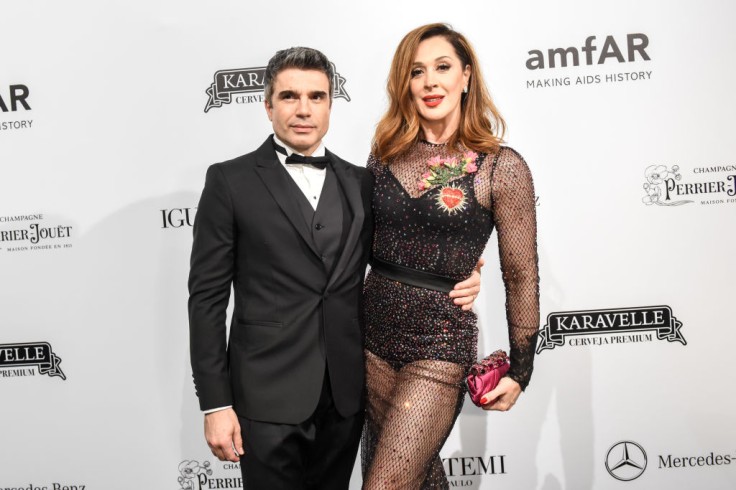
The Brazilian television star thought she was already in menopause at 55, yet she was surprised when she found out she was pregnant.
The Cleveland Clinic stated that the usual menopausal stage of women is at age 51. Claudia Raia had this in mind too. With her age beyond 51 and after one failed in vitro fertilization cycle, she thought having a baby was already out of the question.
Then, Raia and her husband Jarbas Homem de Mello naturally conceived.
On Feb. 11, 2023, the couple welcomed baby boy Luca, which means "bringing light," according to his father, joining his two grown siblings Enzo and Sophia from Raia's previous marriage in the family.
God has another plan
In an interview with Brazilian journalist Renata Ceribelli, Raia narrated how after their first and failed cycle of in vitro fertilization, the couple decided to let it go and not go through another exhausting cycle.
"I looked at God and said, 'OK. I get it. It wasn't meant to be,'" she shared, not knowing that God has another plan for her, and more beautiful than she and her husband can ever expect.
In an Instagram post by the couple, they shared a series of hospital photos of her delivery, their baby fresh from birth, Raia wide awake during the operation, and a moving photo of Luca's tiny fingers holding on hir father's hand. Homem de Mello captioned the photos, stating that their baby boy Luca arrived in his own time, proof that children do not follow their parents' plans, yet he came illuminating everything.
Medical miracle
Reproductive endocrinologist at Boston's Brigham & Women's Hospital, Dr. Elizabeth Sarah Ginsburg, said the chances of what the actress experienced happening are "way less than 1%."
To prove her statement, she pointed to a population study on the Hutterites, a community similar to the Amish or the Mennonites, who do not use birth control and have a minimal incidence of sexually transmitted diseases. Yet, they have no reported pregnancies and giving birth that reach after age 46, and this is a large population, she told Today.
Further, Ginsburg noted that according to data and research, the possibility of a 44-year-old woman getting pregnant and giving birth from in vitro fertilization is less than two percent, while the likelihood of miscarriage after 45 years old is at a dangerous high of 80 percent.
She also explained that women getting pregnant at the age of 50 would usually utilize donor eggs because eggs at that age, if still available, are more likely to be "chromosomally abnormal," leading the doctor to conclude that Raia's pregnancy and giving birth are "nothing short of a medical miracle."